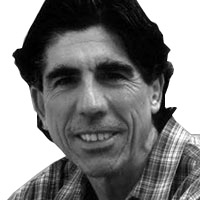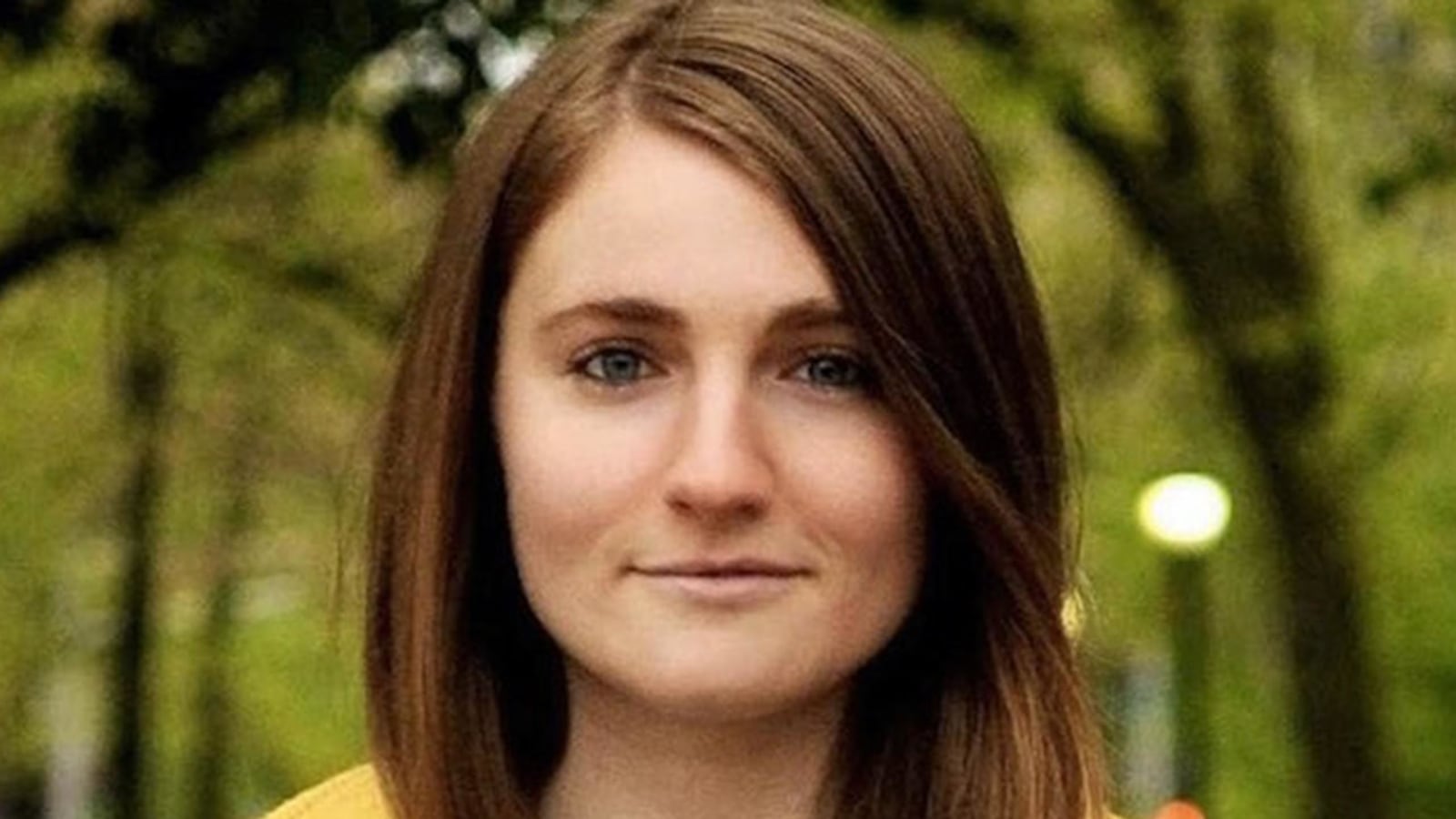At college commencements across the country, the class of 2017 will soon find themselves instructed on the world they are about to enter by speakers generations older than they. Missing from these commencements will be a woman whose voice the class of 2017 would have immediately recognized as speaking for them, not to them.
Marina Keegan, the possessor of this voice, died in a car crash days after graduating from Yale in 2012, but what lives on—and deserves our attention on its fifth anniversary—is her graduation essay, “The Opposite of Loneliness,” which she originally published in the Yale Daily News.
Enough time has now passed for “The Opposite of Loneliness” (later the title for the 2014 posthumous collection of Keegan’s writing) to be read without Keegan’s early death making analysis of her work seem either cold blooded or sentimental.
For Keegan the writer, that development is a plus. Keegan has captured the hopes and fears of her generation like no other writer, and in doing so, she has done for her fellow millennials what J. D. Salinger did in the ’50s and Elizabeth Wurtzel did in the ’90s for earlier generations faced with coming of age in eras of diminished expectations.
The Pew Research Center has documented the social and economic roots of the anxiety so many millennials feel these days. Millennials have higher levels of student debt, poverty, and unemployment than their two predecessor generations. Beginning independent lives has as a result been difficult for them. More millennials find themselves living in the homes of their parents than with a spouse or partner.
Keegan’s “The Opposite of Loneliness” is not a statistics-driven essay, but it reflects the impact of these social pressures. Unlike Hannah Horvath, Lena Dunham’s character on the just-concluded series Girls, Keegan never claimed to be the voice of her millennial generation. Her modesty worked in her favor when it came to her writing. She was able to listen to others her own age in a way that someone self-consciously trying to set herself apart could never have done.
Keegan’s essay quickly went viral, drawing 1.4 million viewers and turning her into a writer with an online following. By the opposite of loneliness, Keegan meant a sense of closeness that is, as she put it, not quite love and not quite community. What she had in mind is the comfort that comes from being surrounded by people who believe we are “in this together.”
There is, Keegan argued, no single word to describe such a collective feeling, and one of the strengths of her essay and her spare prose is that Keegan chose not to be clever and coin a neologism for the opposite of loneliness.
The possibility of losing the sense of being in this together made Keegan anxious about graduating from college. Rather than worrying about finding the right job, the right city, the right spouse, Keegan feared losing the web of connections that sustained her while she was in school.
This concern was not enough to make Keegan want to stay in college or prolong college by going to graduate school. She believed that, for her and her classmates, the best years lay ahead. She was determined to lead the kind of life that, even when she was old, would make her want to give parties.
Keegan’s plea at the end of “The Opposite of Loneliness” is, “Let’s make something happen to this world.” Her use of the word “to” rather than “in” embodies both the hopefulness of her essay and her awareness that she and her generation are faced with a world increasingly constricted in the options it offers them.
They don’t assume, as so many college students did in the ’60s, that by sticking together they will be able to create a more just society. They believe instead that sticking together will give them the courage to keep their hopes in sight.
In 2012, when she was finishing college, Keegan had no idea that the country would become as divided as it has. But rather than making her plea for her millennial generation to remain close dated, the events of recent years have given Keegan’s essay a new poignancy. She has captured from the inside out why today’s college grads, unsure of their individual or collective agency, will work hard to stay linked to each other long after they get their diplomas.
Nicolaus Mills chairs the literature department at Sarah Lawrence College. He is the author of Winning the Peace: The Marshall Plan and America’s Coming of Age as a Superpower.






